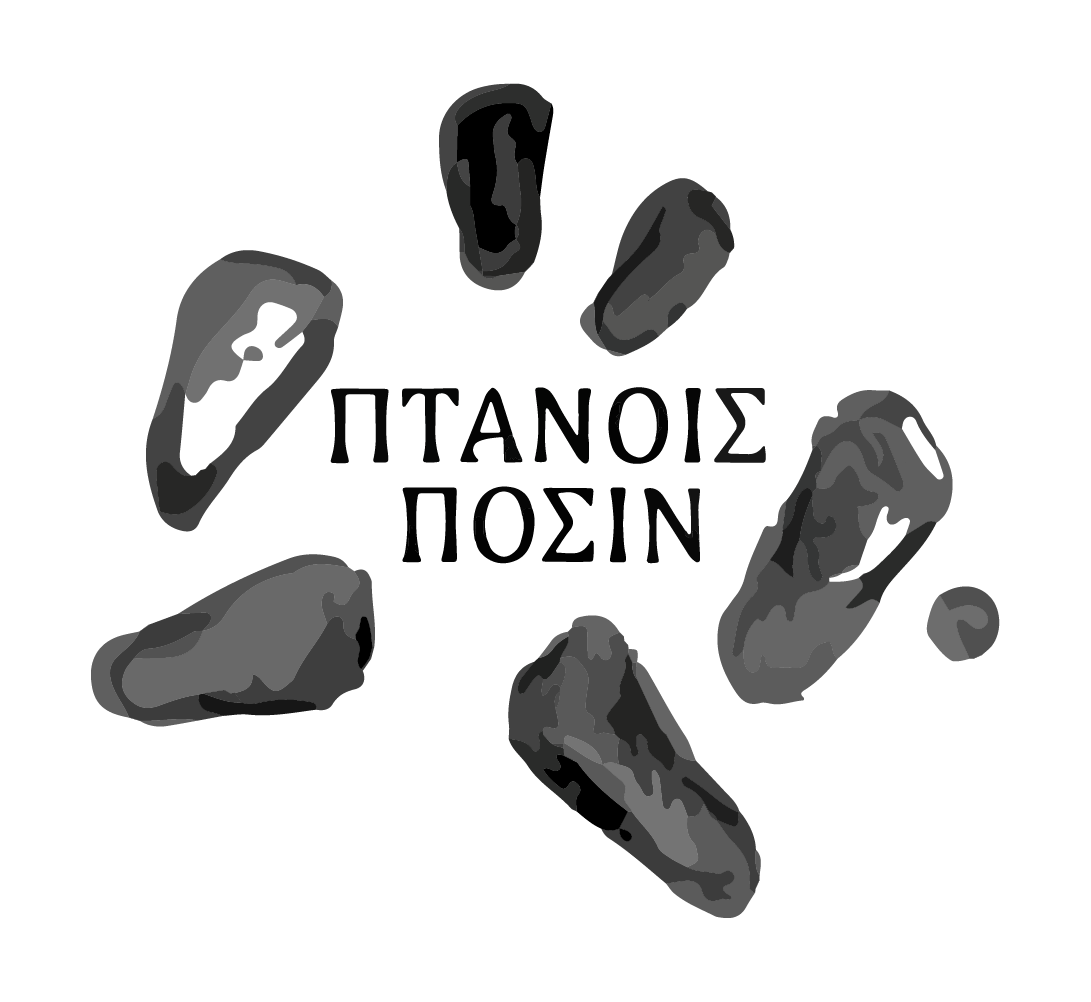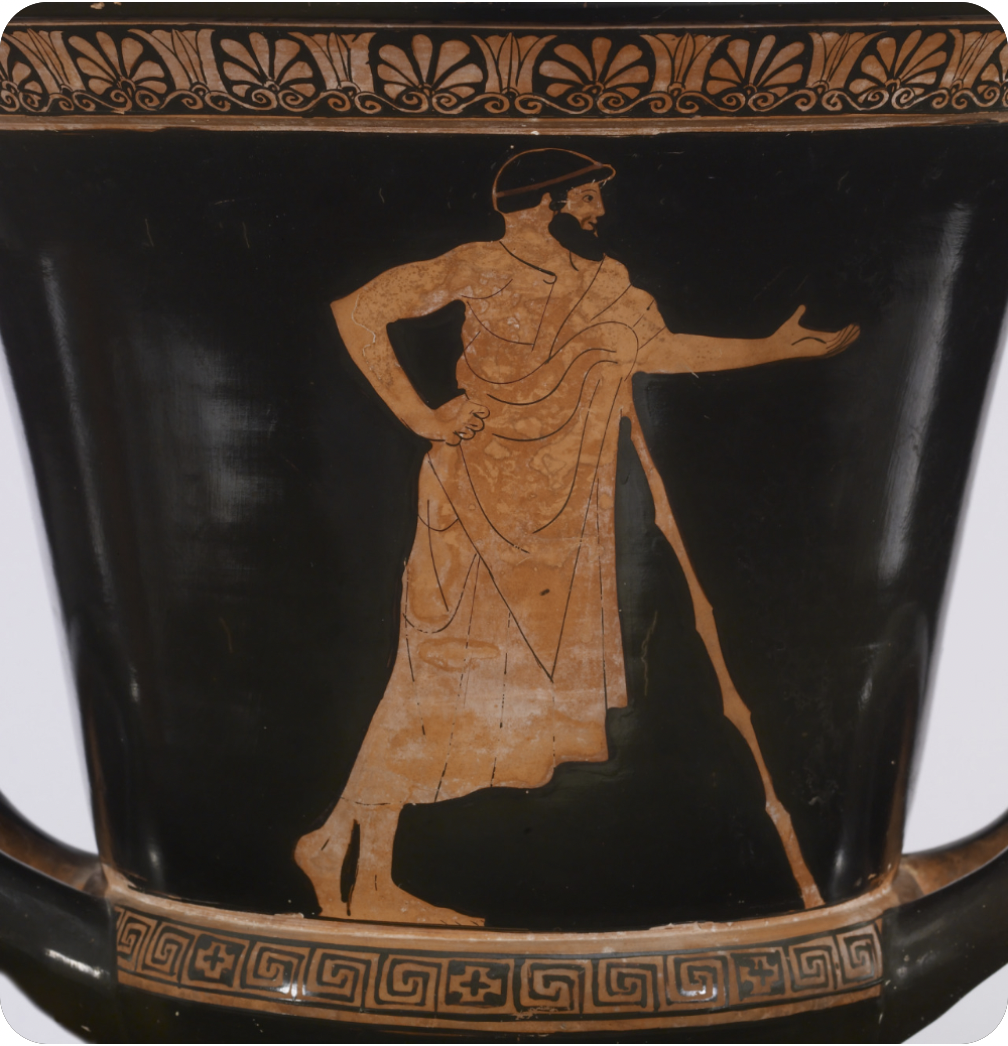IG XI,4 544
Demoteles of Andros, the son of Aischylos: poet
Date:
290-280 BC
Edition:
θεοί.
ἔδοξεν τεῖ βουλεῖ καὶ τῶι δήμω[ι]·
Ἀριστόλοχος Νικοδρόμου εἶπ[εν]·
ἐπειδὴ Δημοτέλης Αἰσχύ[λου]
5 Ἄνδριος ποιητὴς ὢν πεπραγ[μά]-
τευται περί τε τὸ ἱερὸν καὶ τ[ὴν]
[π]όλιν τὴν Δηλίων καὶ τοὺς μύθου[ς]
τοὺς ἐ[π]ιχωρίους γέγραφεν·
δεδόχθαι τῶι δήμωι· ἐπαινέσαι
10 Δημοτέλην Αἰσχύλου Ἄνδριον
ἀρετῆς ἕνεκα καὶ εὐνοίας τῆς περὶ
τὸ ἱερὸν καὶ τὸν δῆμον τὸν Δηλίω[ν]
καὶ στεφανῶσαι αὐτὸν δάφνη[ς]
στ[εφάνωι κα]ὶ ἀναγορεῦσαι τὸν
15 ἱε[ – – – – – – – ]
Translations (en):
“Gods. It was resolved by the council and the people, as proposed by Aristolochos
son of Nikodromos: since the poet Demoteles of Andros, the son of Aischylos, has
shown great interest in the temple and the city of the Delians, and has written
about the local myths; therefore it seems good to the demos to praise Demoteles
of Andros, the son of Aischylos, on account of his virtue and his goodwill
towards the temple and the people of the Delians, and to crown him with a wreath
of laurel; and the sacred herald shall announce …”
[translation from http://www.attalus.org/docs/sig1/s447.html]
Translations (it):
“Dei. Sembrò bene al consiglio e all’assemblea. Aristolochos figlio di Nicodromos propose: poiché Demoteles di Andro figlio di Aischylos, essendo poeta, ha trattato del santuario e della città dei Delii e ha messo per iscritto i miti locali, è sembrato bene all’assemblea: che si onori Demoteles di Andro figlio di Aischylos per la virtù e la benevolenza nei riguardi del santuario e del popolo dei Delii, che lo si incoroni con una corona sacra di alloro e che l’araldo sacro proclami pubblicamente …”
Commentary (en):
At the beginning of the 3rd century BC, during the long period of Independence from the Athenian domination, the poet Demoteles from Andros praised the sanctuary and the people of Delos in his compositions, recalling the local myths.
Commentary (it):
All’inizio del III secolo a. C., durante il lungo periodo d’indipendenza dal
dominio ateniese, il poeta Demoteles di Andro celebrò il santuario e il popolo
di Delo nei suoi componimenti riguardanti i miti locali.
Grazie ad un’analisi comparativa sui decreti delii, le ll. 15sgg possono essere integrate con
le formule tipiche attestate per quel periodo (e.g. IG XI 4, 600, 649, 674, 664, ecc.).


